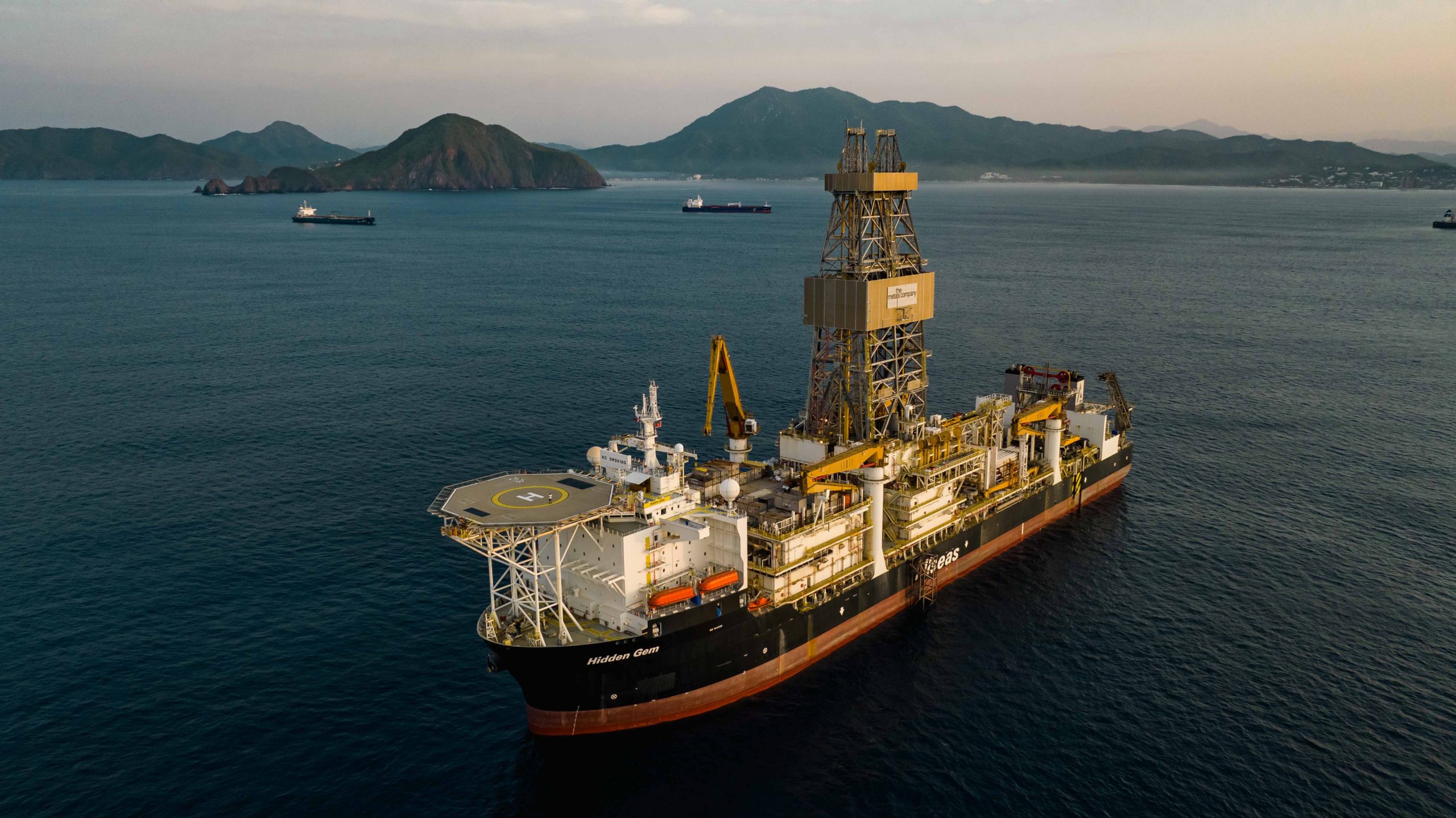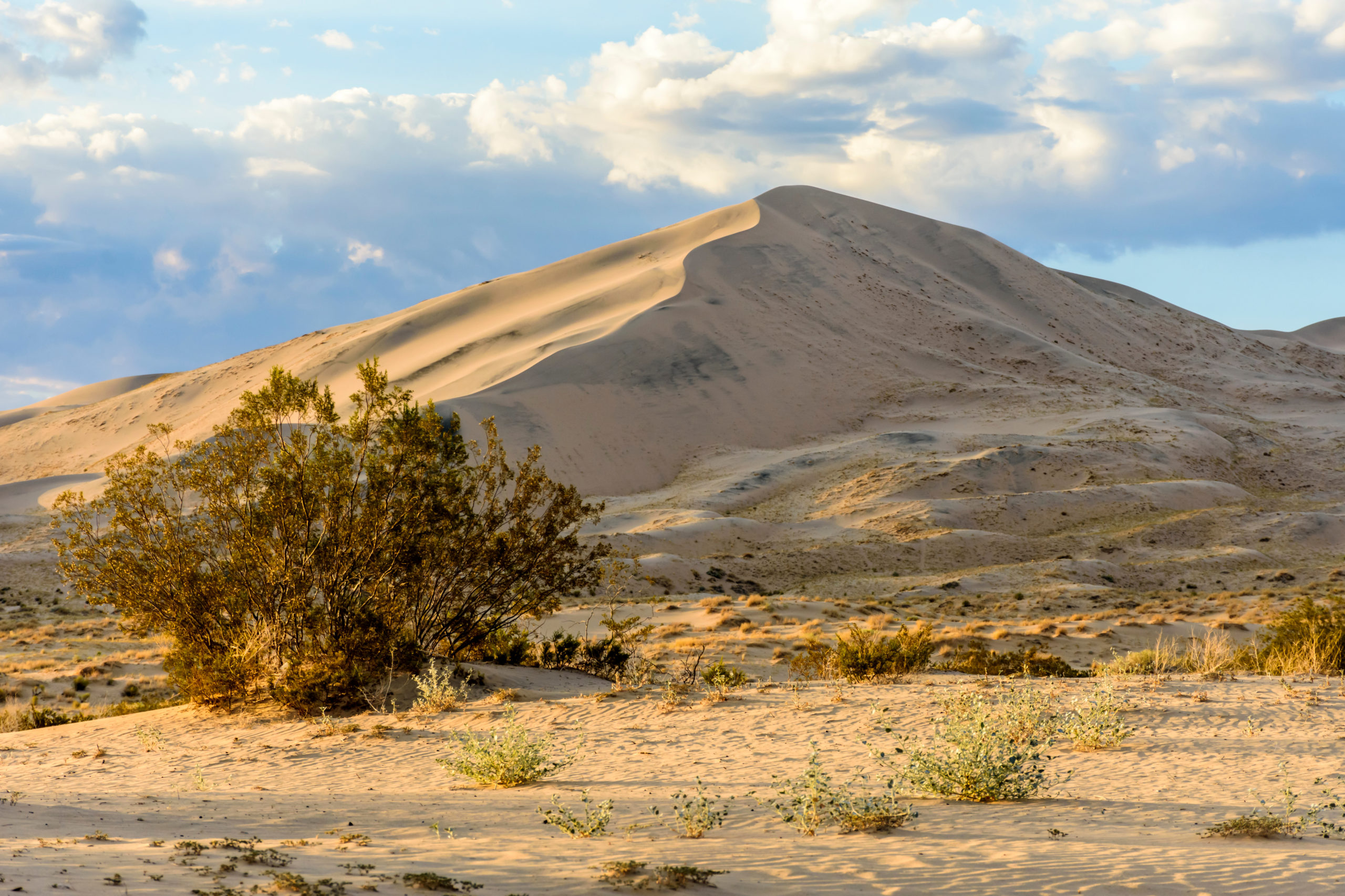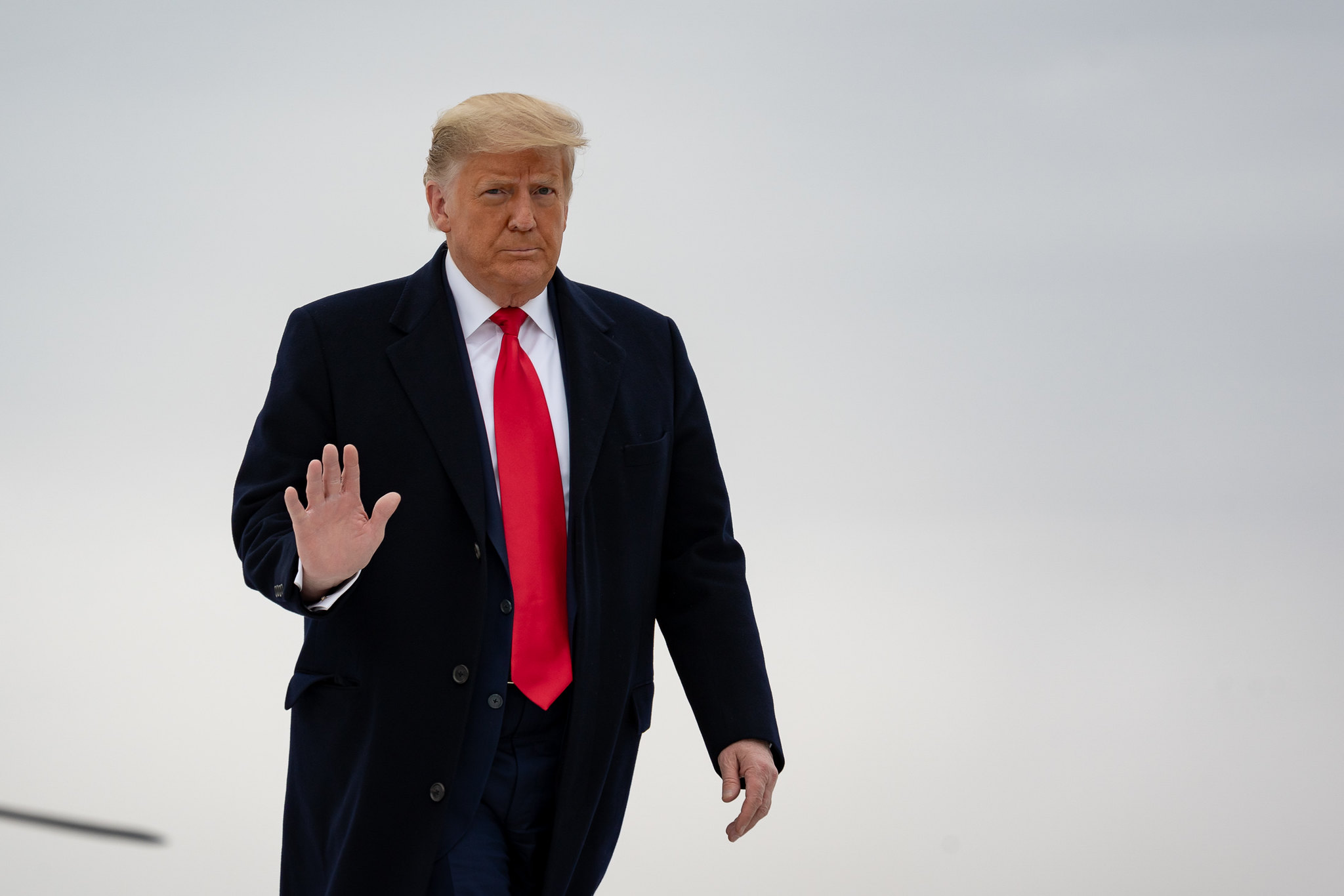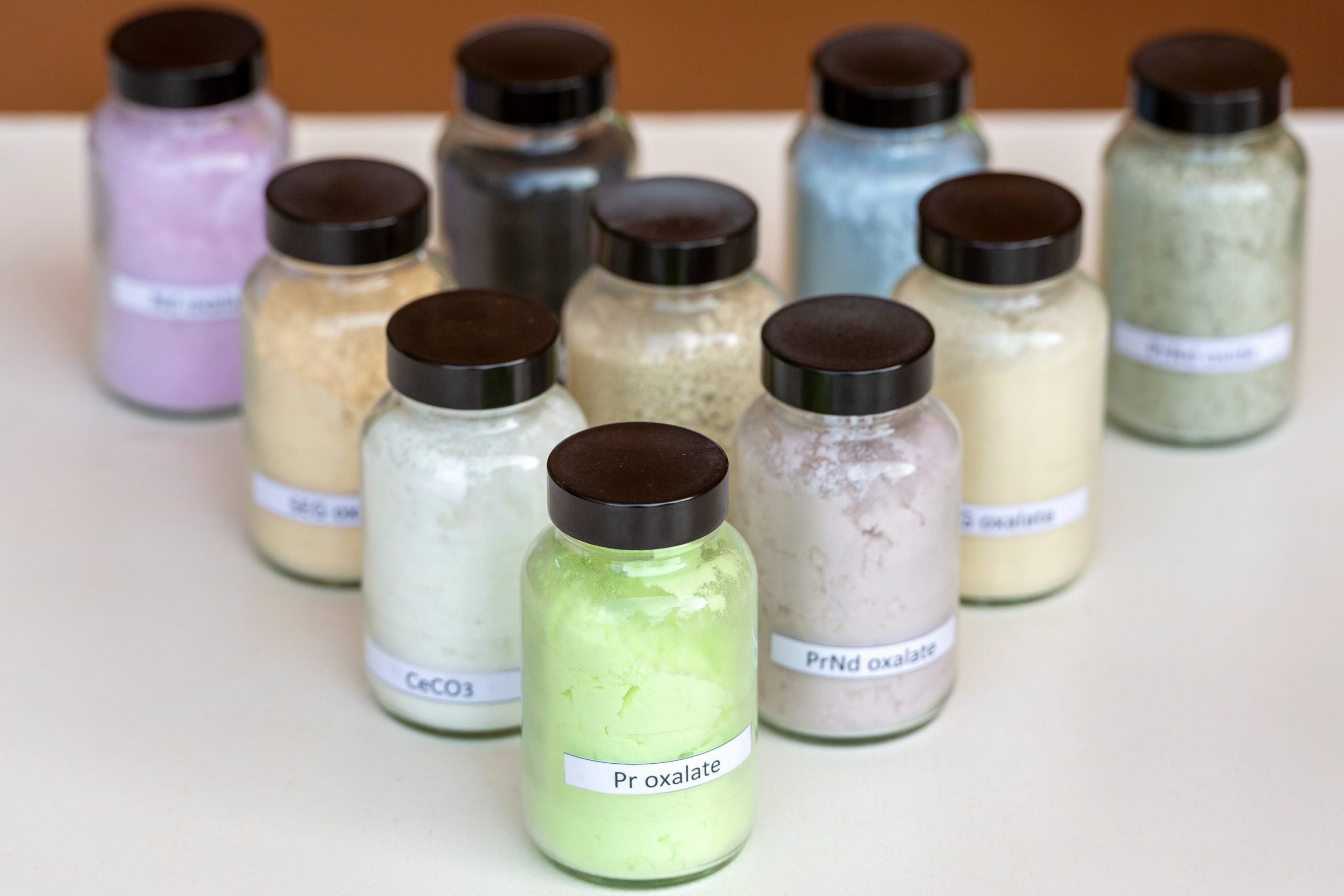Africa stands at the forefront of a global mining renaissance.
With the surge in demand for critical minerals, from cobalt and lithium to graphite and copper, countries across the continent are attracting historic levels of investment. The Democratic Republic of Congo (DRC) alone produces over 70% of the world’s cobalt, indispensable for electric vehicle batteries and renewable energy storage.
But what happens next will define more than supply chains. It will determine whether this boom becomes a vehicle for shared prosperity or another chapter in the story of Africa’s resource curse.
For governments, investors, and mining companies, this is a pivotal opportunity to get it right where it went wrong in the past. This means creating systems where economic growth, political stability, and community rights are not in conflict, but mutually reinforcing.
Historically, extractive industries in Africa have often left a legacy of inequality, displacement, and unrest. In Angola and Nigeria, oil wealth deepened corruption and conflict. In Sierra Leone and Liberia, diamond profits helped finance civil wars. In the DRC today, mineral-rich regions remain flashpoints for violence, poverty, and abuse.
The current moment, fueled by the global energy transition, is a chance to chart a different course. But only if we center secure land rights, meaningful community engagement, and protection of human rights defenders.
Land rights are the foundation for investment and stability
More than half of all critical mineral projects worldwide are located on or near Indigenous and community lands. These are not unclaimed or unused territories. They are governed by customary systems, relied upon for livelihoods, and deeply tied to identity and tradition. Yet across Africa, many of these communities lack formal legal recognition of their land rights.
This gap creates legal ambiguity and heightens the risk of social conflict. Governments may issue concessions for mineral exploration on land long occupied and managed by local communities, without consultation or compensation. This results in displacement, mistrust, and often violent resistance.
By contrast, when communities are recognized as rightful landholders, they are more likely to engage constructively with companies and negotiate fair agreements. Countries like Kenya, the DRC, and Liberia have made strides by passing progressive land reform laws that formalize Indigenous and local community tenure. These laws, when implemented, don’t hinder investment, they create the legal clarity companies need to operate responsibly and sustainably.
Mining companies can and should support these efforts by committing to land tenure due diligence, engaging early with local leadership, and advocating for policies that bring land governance in line with international best practices. Recognizing land rights is not just the right thing to do, it’s a smart hedge against operational risk.
Consent, engagement, and the cost of exclusion
In recent years, “social license to operate” has become a key metric of project viability, and for good reason. Projects that proceed without Free, Prior and Informed Consent (FPIC) from local communities often face costly delays, legal challenges, and reputational fallout. Consent is not a veto power. It is a process that fosters trust, transparency, and long-term partnership.
FPIC requires that communities be consulted before development begins, that they understand the implications, and that they have the freedom to accept or reject proposals without coercion. In the absence of meaningful consent, grievances fester, and the results can be destabilizing for both communities and companies.
In Latin America, Indigenous groups have pioneered their own FPIC protocols, clearly outlining how they wish to engage with critical mining interests. These community-led frameworks offer a model for Africa.
To make this work, FPIC must be backed by clear land rights and functioning grievance mechanisms. It must also be accompanied by corporate policies that reflect a genuine commitment to transparency and benefit-sharing. Investors are increasingly scrutinizing supply chains for signs of environmental and social risk, and community engagement is a critical part of that equation.
Protecting human rights defenders is everyone’s responsibility
One of the most troubling patterns in extractive zones is the growing danger faced by human rights and environmental defenders. These individuals are not standing in the way of progress. They are helping communities demand accountability, transparency, and equity. When defenders are silenced, the result is not smoother development. It’s deeper fragility.
Mining companies must adopt zero-tolerance policies on retaliation, support civic space, and work with governments to prevent the misuse of legal systems to harass or criminalize peaceful advocacy. The protection of defenders is not only a human rights obligation – it is also essential to maintaining trust, reducing risk, and ensuring that mining contributes to and not undermines democratic institutions.
Businesses have a role to play in speaking out when defenders are threatened, and in ensuring their own practices do not contribute to repression.
Africa’s moment
Africa’s critical minerals boom presents an unprecedented opportunity to build a new model of extractive development that avoids the pitfalls of the past and creates value for all stakeholders. But this will only happen if companies see communities not as obstacles, but as partners. If rights are recognized, voices are protected, and consent is earned.
The clean energy transition depends on the minerals under African soil. But the long-term success of that transition depends on how those minerals are extracted and who gets to benefit.
This is Africa’s moment. It’s also a test for the mining industry. Let’s choose to get it right.
* Dr. Solange Bandiaky-Badji, PhD, is president and coordinator of the Rights and Resources Initiative (RRI). She holds a PhD in women’s and gender studies from Clark University, Massachusetts, and an MA in environmental sciences and in philosophy from Cheikh Anta Diop University, Senegal.



